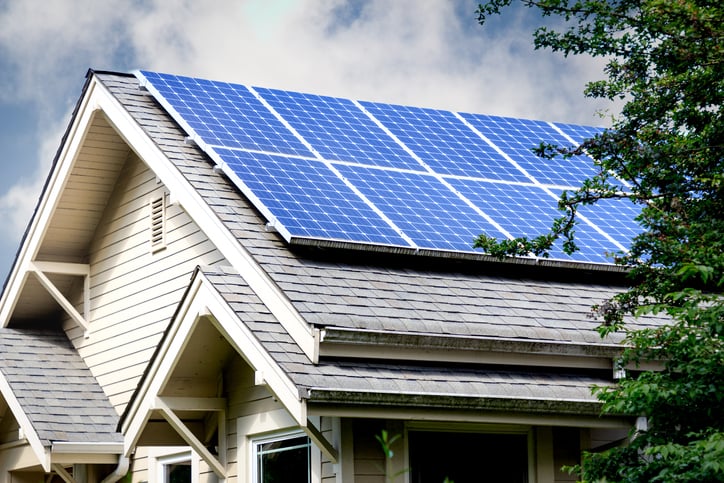Have you ever considered installing rooftop solar on your home or business in our state? With Georgia’s abundant sunny days, our state is ideal for solar energy.
Keep reading to learn more about the benefits of rooftop solar panels and the steps you need to take to have them installed.
Rooftop Solar as a Climate Solution in Georgia
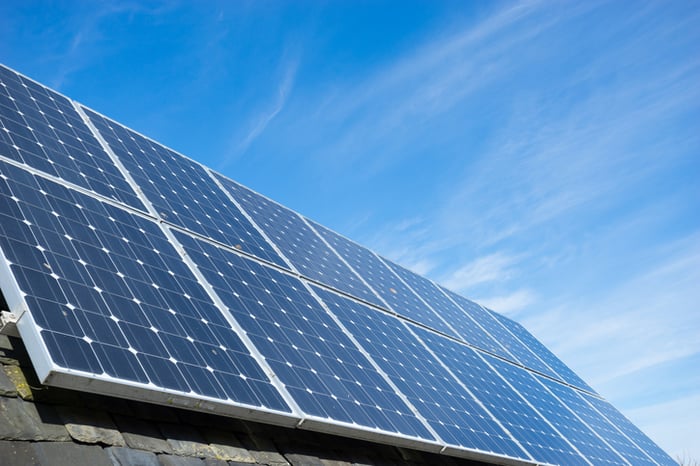
Currently, Georgia’s electricity comes from a few different sources.
According to the U.S. Energy Information Administration (EIA), in 2021, about 62% of our electricity was produced by fossil fuels: natural gas, coal, and a little oil. Nuclear energy made up about 27% and the rest comes from renewable sources like solar and hydro.
The electricity sector is the second largest source of greenhouse gas emissions in Georgia.
Fortunately, Georgia has an ideal climate for rooftop solar, ranking 7th nationally for the total amount of solar energy capacity installed. Almost all of this capacity comes from large-scale solar installations. However, Georgia could reduce its emissions by 1 million metric tons by 2030 if 295,000 new 5 kW solar roofs are installed in our state.
A Toolkit to Help You Add Rooftop Solar to Your Home
A team of experts from Alternative Energy Southeast, Cherry Street Energy, and the Georgia Solar Energy Association created a comprehensive guide to rooftop solar to demystify what’s involved in going solar.
It may seem daunting to make this change, but the “How to Install Rooftop Solar on Your Home or Organization in Georgia” toolkit will walk you through everything you need to know.
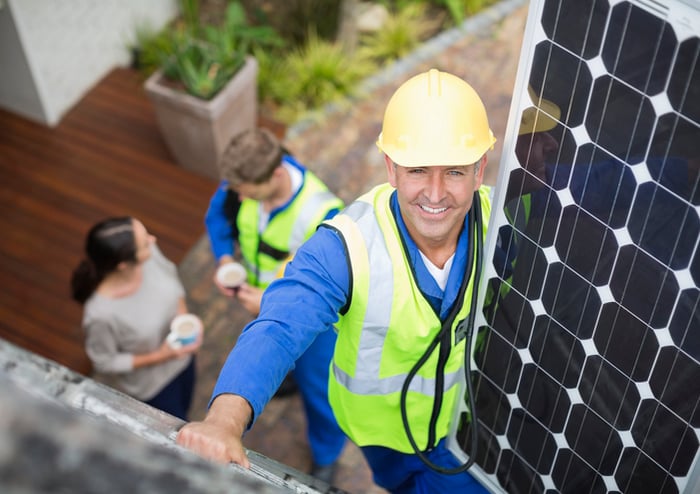
Some topics and questions addressed in this Rooftop Solar toolkit include:
How Do Solar Panels Work?
Rooftop solar systems turn the sun’s energy into electricity we can use. There are several critical components in a rooftop solar system. This includes solar inverters that convert the electricity produced in the solar panels from direct current (DC) to alternating current (AC) before it is able to be used in the home.
Most homes with rooftop solar systems are still connected to the larger electricity grid. If your home needs more electricity than your solar panels are producing, then your system will draw power from both the solar energy system and your existing utility system. Any excess electricity can be saved in a battery energy storage system or exported back to the utility grid.
Do Solar Panels Produce Electricity on Rainy or Cloudy Days?
The simple answer is: Yes. But, solar panels only produce about 10%-20% of their rated power capacity on rainy or cloudy days.
Rooftop solar systems can use direct or indirect sunlight to generate power, but solar panels are most effective in direct sunlight. Solar panels will still work even when the light is reflected or partially blocked by clouds, and excess energy from sunny days can be stored in batteries and used on rainy or cloudy days.
How are Solar Panels Installed?
Racking systems keep solar panels securely in place on your roof.
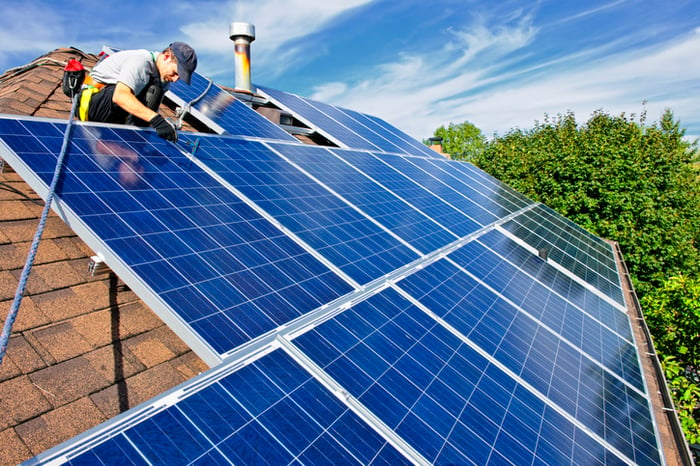
There are five different types of rooftop solar racking systems based on the type or style of roof. This includes mechanically attached racking for asphalt shingle roofs, ballast-mounted racking for flat roofs, non-penetrative attachment racks for standing seam metal roofs, penetrative attached racking for profile metal roofs, and integrated solar shingles.
How Do You Apply for Solar Rooftop Permits in Georgia?
A permit to install solar must be obtained from the jurisdiction where the property is located.
Each jurisdiction will have its own requirements, so the best place to start is by calling your local permitting office to see what is required.
How Do You Clean Solar Panels on Your Roof?
Even when solar panels become dusty or covered with a layer of yellow pollen, which is common in the spring in Georgia, solar panels will continue to generate close to their maximum efficiency. However, the next time it rains, the panels will be cleaned off and good as new.
Can You Get Paid for Electricity That You Return to the Grid?
It is possible to get paid for electricity that is returned to the grid, but the amount you will earn depends on your utility’s policies. If your utility has a net metering policy, solar panel owners can offset their electric consumption dollar for dollar.
Utility companies that do not have net metering policies will pay less for excess electricity returned to the grid- often the wholesale rate or “unavoided cost”.
Ready to Take the Next Step on Rooftop Solar?
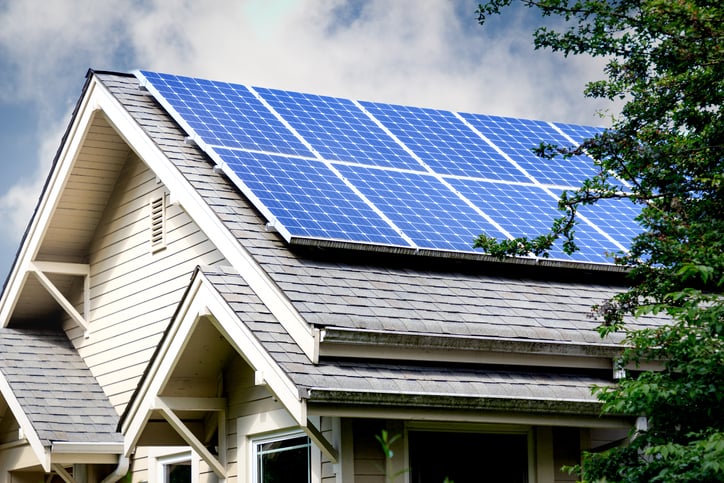
Rooftop solar systems are a great fit for many Georgians. The “How to Install Rooftop Solar on Your Home or Organization in Georgia” toolkit will answer the many questions you may have about solar and if this climate solution is right for you.
Drawdown Georgia’s Climate Solutions Toolkits are designed to help people in our state reduce their carbon emissions. If you would like to find out more about climate solutions that are particularly effective in Georgia, check out our toolkit library and join the growing number of Georgians working on climate solutions together. To be notified when we publish more toolkits like this one, subscribe now.


